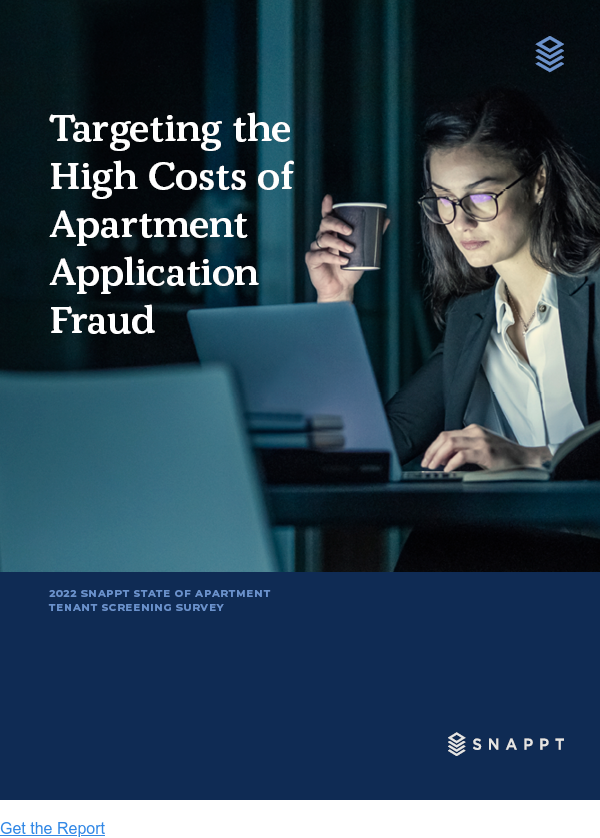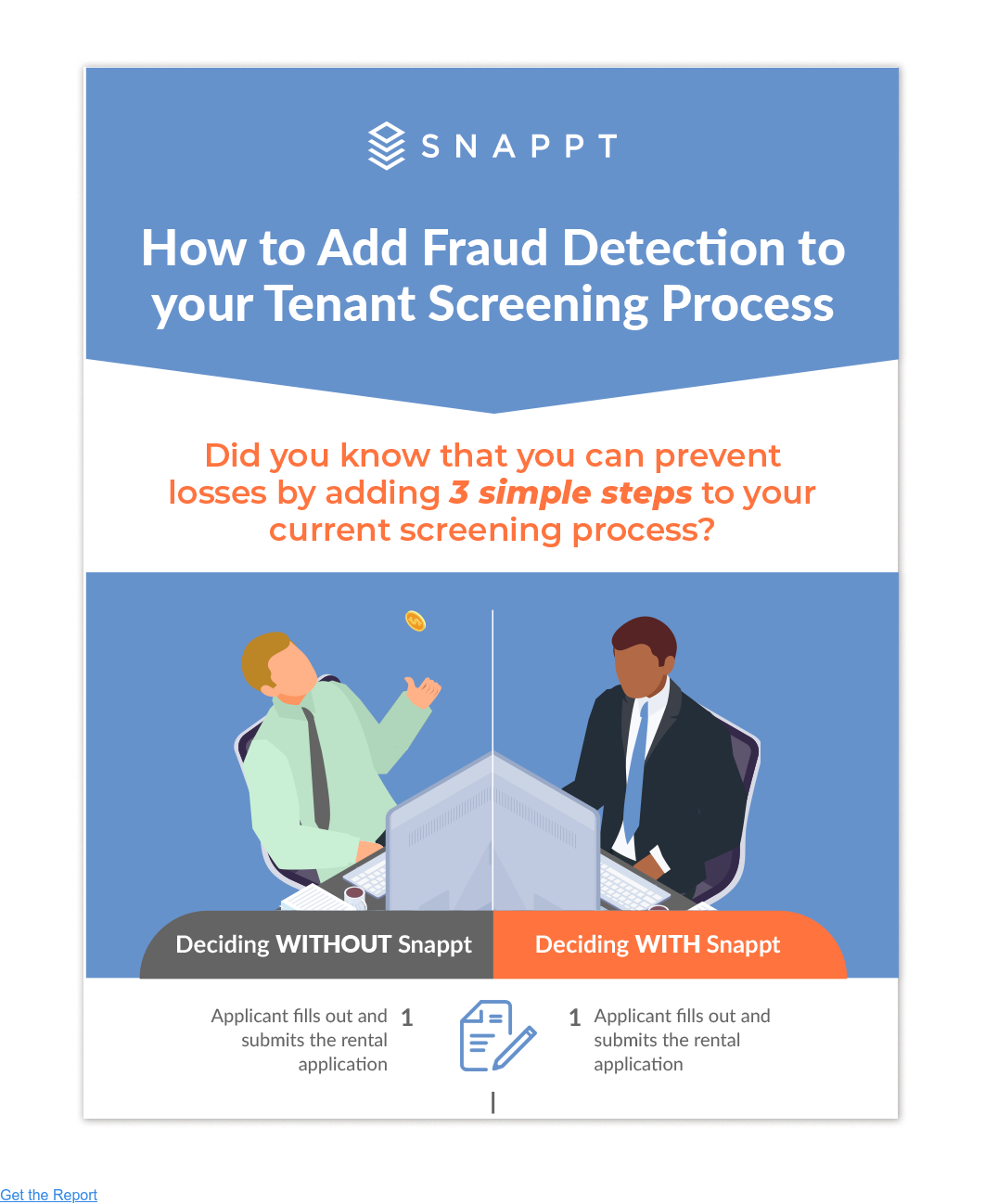Finding good tenants is hard. Spotting fake tenants is harder. We’re going to cover what qualities good tenants possess, what’s a background check, where most landlords get their data from, and how to find reliable tenants.
What are the qualities of a good tenant?
Before talking about how to filter the bad apples out, you need to know what the good ones look like. And while finding good tenants starts with having a great property, keep an eye out for these qualities in applicants:- High credit score
- Steady (high) income
- Zero evictions track record
- No criminal history whatsoever
- Shiny credentials of on-time payments
- Good references from (at least two) past landlords
- Ability to cover potential property damage with an upfront security deposit.
And while all these sound great, there are still tenants who appear to have these qualities, but lie about it. When you rent out your property, you’re rightfully worried about the people you let in. Here’s what landlords worry about most, revealed in a study done by TransUnion:
- Moves Frequently: 11%
- High Maintenance: 32%
- Payment Problems: 84%
- Prior Eviction History: 56%
- Prior Criminal History: 45%
- Fraudulent Application: 34%
Notice that the highest factors worrying landlords all relate to one thing directly: a fraudulent application. Applicants can lie about pretty much everything in it, including their eviction and criminal history—and falsify their bank statements.
What is a rental background check?
To get you up to speed, a rental background check is a screening tool landlords use to inspect tenants who apply to lease their property. They do so to inspect the tenant’s current income abilities and past behavior to see if they’re reliable tenants.
What background check do most landlords use?
Commonly used companies which provide screening services are:
- E-Renter
- Better NOI
- First Advantage
And the majority of credit reports you’ll see come from the three major credit bureaus:
- Equifax
- Experian
- TransUnion
How to find the perfect tenant
Here are a few ways you can screen tenants to find reliable ones:
Set strict income requirements
Research by Harvard found the number of households spending more than 50% of their income on rent is expected to reach 13.1 million by 2025.
When agreeing to let a tenant move into your property, the best filter you can have is how much they make. Specifically, a tenant’s monthly income before taxes should be at least three times the rent. If you’re looking to charge $2,000 a month, look for a tenant making at least $6,000 a month. If they look very promising, and can’t show three times the rent in income, your next best option, to mitigate your risk, is recruiting them to provide a co-signer.
Lastly, trust, but verify; call the applicant’s employer to verify their income.
Check references like a pro
A reliable way to screen prospective tenants is simply by talking to their previous landlords.
Some questions you’d like to ask are:
- Did they pay on time?
- How easy were they to reach?
- Did they leave your property in good condition?
A professional approach to this will paradoxically involve trickery. When calling, intentionally make a mistake to ensure you’re talking to the actual landlord—not their friend, who’s pretending—helping them slide into your property.
For example, if an applicant says he lived at a property for three years, ask the landlord to confirm the person rented from them for “one year” and see if they correct you. If they don’t, you may have spotted a phony reference.
Background check and credit check properly
With everything mentioned above, it’s still hard to know who’s faking it. People will go to extreme lengths to hide their shady past, especially when looking to sleep with a roof above their heads. They can fake the references, both with employers, and past landlords.
And the statistics back it up. These states have high applicant fraud rates:
- Texas: 14.1%
- Florida: 12.8%
- Michigan: 14.6%











